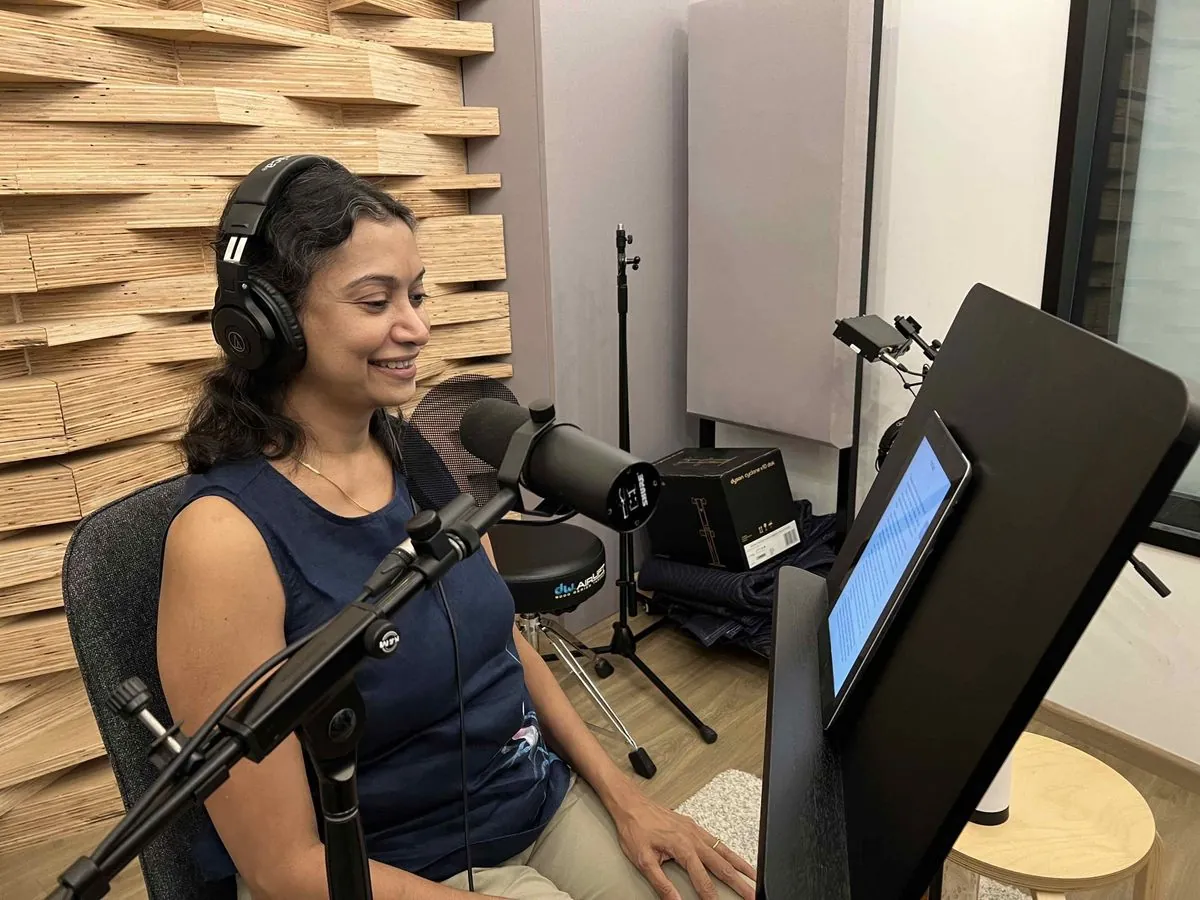Amazon Seeks Dismissal of Audiobook Monopoly Lawsuit by Authors
Amazon defends Audible's exclusivity program in court, citing market competition. Authors claim unfair practices in audiobook distribution, seeking class-action status for thousands of rights holders.

In a recent legal development, Amazon.com Inc has requested a U.S. judge to dismiss a lawsuit filed by independent authors, who accuse the e-commerce giant of monopolizing the retail market for audiobooks. The company characterizes the allegations as "far-fetched" and defends its practices in the audiobook industry.
The lawsuit, initiated by author Christine DeMaio, who writes under the pen name CD Reiss, challenges the 90-day exclusivity provision offered by Amazon's digital audiobook subsidiary, Audible, to self-published authors. This legal action, filed in June 2024, alleges that Amazon's practices violate U.S. antitrust law by imposing higher fees on writers who opt out of Audible's exclusivity program.

Amazon acquired Audible in 2008 for approximately $300 million, establishing a significant presence in the audiobook market. According to the lawsuit, Audible has become the world's largest audiobook retailer, accounting for over 60% of domestic purchasing, compared to Apple's 20% market share. This dominance reflects the growing popularity of audiobooks, with industry-wide sales reaching nearly $2 billion in 2022.
The audiobook industry has experienced remarkable growth in recent years. In 2019, U.S. audiobook sales revenue surpassed $1 billion for the first time, and the global market is projected to reach $35 billion by 2030. This growth is partly attributed to technological advancements, including the development of AI narration and the increasing popularity of multi-cast audiobooks featuring multiple narrators.
Amazon's exclusivity program offers self-published authors 40% royalties for exclusive distribution of their work, compared to 25% for non-exclusive, competitive distribution. The company argues that these optional exclusivity provisions are "limited in both duration and share of affected audiobook sales," with the 90-day window being shorter than the 1-to-3 year range courts typically use to determine competitive harm.
"The complaint alleges no facts showing that Audible has somehow hobbled Google or any other identified rival by inducing some self-published authors to sign exclusive deals."
Amazon maintains that the audiobook market remains competitive, citing rival platforms offered by Apple and Google. The company also asserts that its exclusivity provisions do not apply to top-sellers from major publishers and that it is lawful to allocate more resources to promoting exclusive content.
The lawsuit seeks class-action status for thousands of authors and rights holders. CD Reiss argues that Audible's policy "is designed to prevent experimentation, innovation, and a test of competition by discouraging authors from ever distributing on a competitive basis." The author contends that switching from exclusive to general distribution is permanent, potentially limiting authors' options in the long term.
As the legal battle unfolds, it's worth noting that audiobooks have a rich history dating back to the 1930s when they were first created for blind people. The term "audiobook" gained widespread use in the 1970s with the advent of cassette tapes. Today, audiobooks play a significant role in promoting literacy, especially among struggling readers, and have become a preferred medium for many book enthusiasts.
The outcome of this case could have far-reaching implications for the audiobook industry, potentially affecting the relationships between authors, publishers, and distribution platforms. As the market continues to evolve, balancing innovation, competition, and fair practices remains a crucial challenge for all stakeholders involved.


































